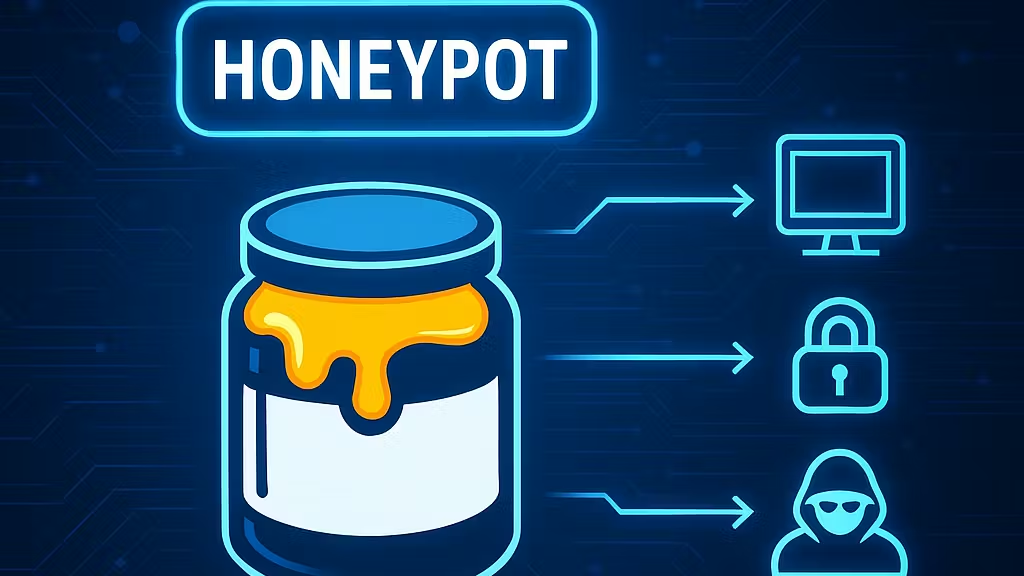Imagine a giant hidden marketplace where people buy and sell all kinds of things, some legal, but many illegal. It’s not a place you can walk into or even find with Google. This secret part of the internet is called the dark web.
On the dark web, criminals trade stolen information like credit card numbers, email logins, passwords, and even full identities. If your information ever leaks in a hack or data breach, there’s a chance it could end up there.
That’s where a dark web scan comes in. It’s like a detective search that looks to see if your private details are floating around in this hidden world.
What Is the Dark Web Scan?
A dark web scan is like a security check for your personal information.
When you run a dark web scan, a service searches through stolen data lists that are known to be shared or sold on the dark web. It checks to see if your details, like your email, phone number, passwords, or credit card numbers, are on those lists.
It’s important to understand:
- A scan doesn’t poke around every corner of the dark web in real time.
- Instead, companies keep big collections of leaked data found over time, and the scan checks those lists for your info.
What Can Show Up in a Dark Web Scan?
Here are some of the most common things a scan might find:
- Emails and passwords
If a website you use gets hacked, your login information could be stolen and put up for sale.
- Credit or debit card numbers
Stolen payment details are often sold in bulk on the dark web.
- Bank account details
Some criminals go after full account numbers, which they can use to steal money.
- Social Security numbers (SSN)
These can be used for identity theft.
- Phone numbers
Scammers may use these to run fake accounts or trick you with phishing messages.
- Business logins
For companies, employee accounts can be stolen and used to access important systems.
Why You Should Care
Some people think, “Well, I have nothing to hide, so why should I worry?” But the problem isn’t about hiding, it’s about protecting yourself from harm.
If your information is on the dark web, it could lead to:
- Identity theft – Someone pretends to be you to open credit cards, take loans, or commit crimes.
- Account takeovers – Hackers can log into your email, social media, or online banking.
- Scams and spam – You might get more phishing emails, fake phone calls, or text scams.
- Financial loss – Criminals might use your payment information to make purchases or drain your bank account.
How a Dark Web Scan Works
Here’s a simple way to understand the process:
- You enter your information – Usually just an email, phone number, or website domain.
- The service searches its database – It compares your details to huge collections of stolen data that security experts have already found.
- You get a report – It tells you if your information has been spotted and, in some cases, where it was leaked.
The scan can’t magically remove your data from the dark web. Once it’s out there, it’s nearly impossible to erase. But it can warn you so you can act fast.
What to Do If You Show Up in a Dark Web Scan
If a scan finds your information, don’t panic, but don’t ignore it either.
Here’s what you should do:
- Change your passwords immediately
Create strong, unique passwords for each account. Don’t reuse the same one everywhere.
- Turn on two-factor authentication (2FA)
This adds an extra step when you log in, like a code sent to your phone.
- Watch your bank accounts
Look for charges you don’t recognize. If you see any, call your bank right away.
- Consider freezing your credit
This stops anyone from opening new accounts in your name without your permission.
- Be alert for scams
If criminals have your email or phone number, they might try scams on the dark web to get more information from you.
Free and Paid Dark Web Scan Services
There are both free and paid options for scanning.
Free options (good for quick checks):
- HaveIBeenPwned.com – Lets you see if your email has been in known breaches.
- Firefox Monitor – Similar to HaveIBeenPwned, but linked with the Firefox browser.
Paid options (often come with extra protection):
- Norton 360 with LifeLock
- Experian IdentityWorks
- Aura
- IDShield
Paid plans usually include ongoing dark web monitoring, alerts, and sometimes insurance for identity theft.
Final Thoughts
A dark web scan is like an early warning system for your digital life. It can’t prevent all online risks, but it can help you act quickly if your information ends up where it shouldn’t.
Data leaks happen all the time; it’s smart to check now and then, just like you’d check your locks at home. You don’t have to be a tech expert to use these tools, and a little awareness can save you from a lot of headaches later.
The dark web might sound mysterious and scary, but the more you understand it, the better you can protect yourself. A dark web scan is simply one more step toward keeping your online life safe.



